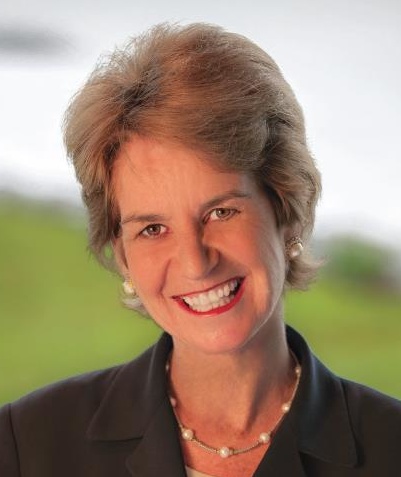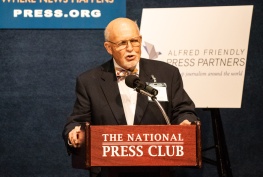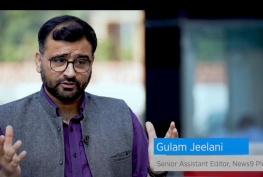Hours after Robert F. Kennedy won his first Democratic presidential primary in 1968, he wrote a telegram to Alfred Friendly, congratulating him on winning the Pulitzer Prize for his coverage of the Middle East War.
“It is perhaps the highest tribute that can be paid to a member of your profession,” Kennedy wrote from his Indiana hotel.
One month later, RFK was assassinated.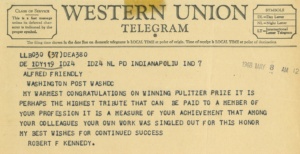
Alfred Friendly saved the precious telegram, and after his retirement from The Washington Post, months before his own death from cancer, Friendly started our foundation to train journalists from around the world in the United States.
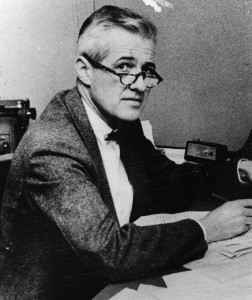
Alfred Friendly
During our annual benefit gala on Sept. 7 at the National Press Club in Washington, Alfred Friendly Press Partners will celebrate the 50th anniversary of Alfred Friendly’s Pulitzer Prize for international reporting. Please join us.
Alfred Friendly’s son, Jonathan, will talk about his father’s dream for helping reporters from developing countries by training them in U.S. newsrooms.

Kathleen Kennedy Townsend
Friendly will then introduce Robert F. Kennedy’s eldest daughter, Kathleen, who will talk about the Kennedy family’s efforts to support quality journalism.
The event also will feature comments from one of the Alfred Friendly program’s first graduates, Bambang Harymurti, who went on to become one of Indonesia’s most famous journalists. Harymurti, who will receive the Susan Talalay Award for Outstanding Journalism for his bravery in the face of government pressures, will talk about the critical role the free press plays in a democracy.
The graduating Fellows in the Class of 2018 will also be honored and talk about how they will use their new skills and knowledge to advance the free press in their home countries — Mexico, Ukraine, India, Sudan and Jordan.
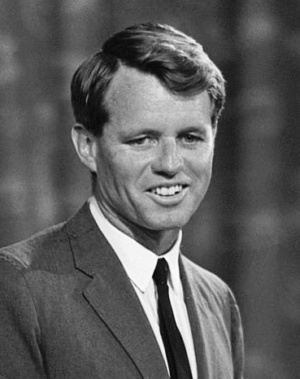
Robert F. Kennedy
For the Pulitzer for international reporting, Friendly excelled at highlighting some of the most important international events of the time, including the first eye-witness report of Israeli fighting on the Syrian front and articles that revealed Soviet military participation. He tried to make sense of a conflict that remains intractable.
In Indiana that spring of 1968, Kennedy made this speech after the death of Martin Luther King that was also trying to make sense of that assassination and the underlying racial conflict.
On that cold and windy evening, Kennedy broke the news of King’s death in an impassioned, extemporaneous speech on the need for compassion in the face of violence. It has proven to be one of the great speeches in American political history.
In December 1968, a group of reporters who covered RFK’s presidential campaign started the Robert F. Kennedy Awards for Excellence in Journalism, judged by independent journalists. The awards honor reporting “on issues that reflect Robert F. Kennedy’s concerns, including human rights, social justice and the power of individual action in the United States and around the world.” The award is now administered through the family’s Robert F. Kennedy Human Rights organization.
RFK’s daughter, Kathleen Kennedy Townsend, Maryland’s first female lieutenant governor, is now a director at the Economic Policy Institute and is a research professor at Georgetown University. Ms. Townsend is also a member of the Council of Foreign Relations and the Inter-American Dialogue.
Your support and attendance at our gala will strengthen the Friendly program and ensure journalists in the future are able to participate in this career-changing opportunity. Please contact Ann McGruder, ann@presspartners.org for information.
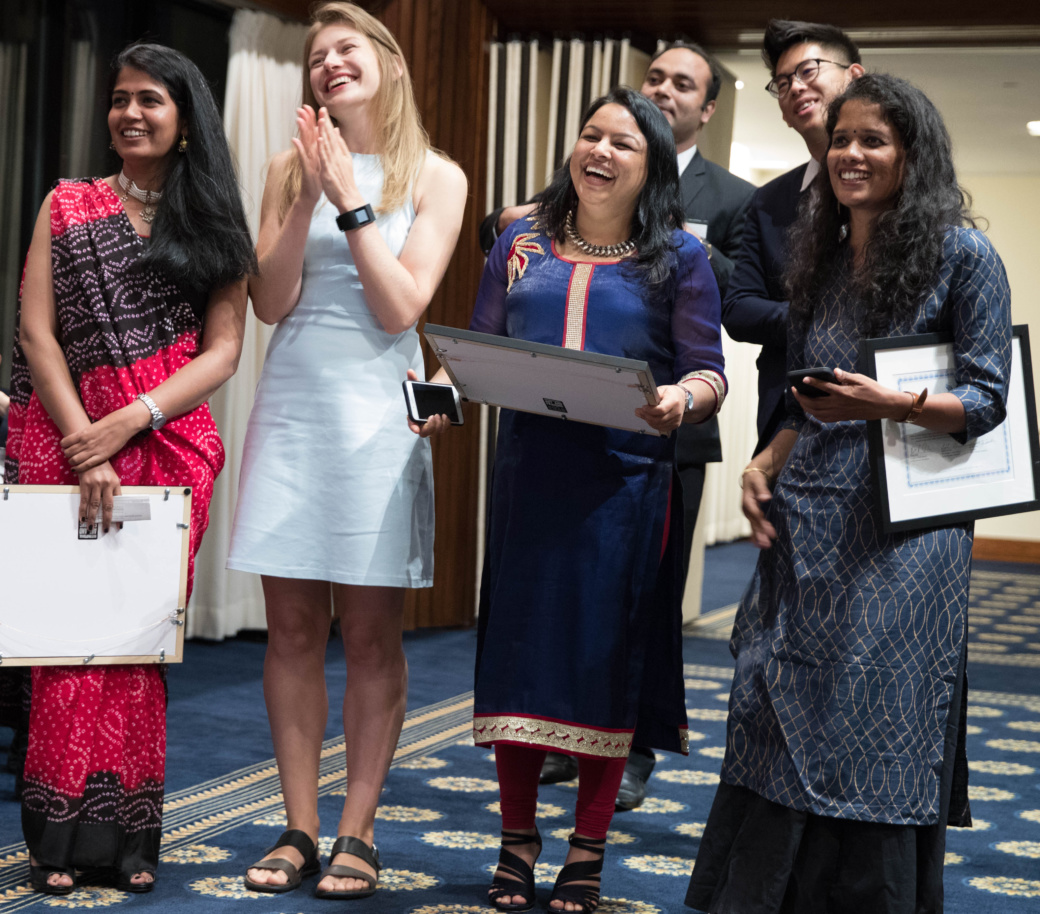
Class of 2017 members react to comments by a Fellow at the National Press Club benefit gala

